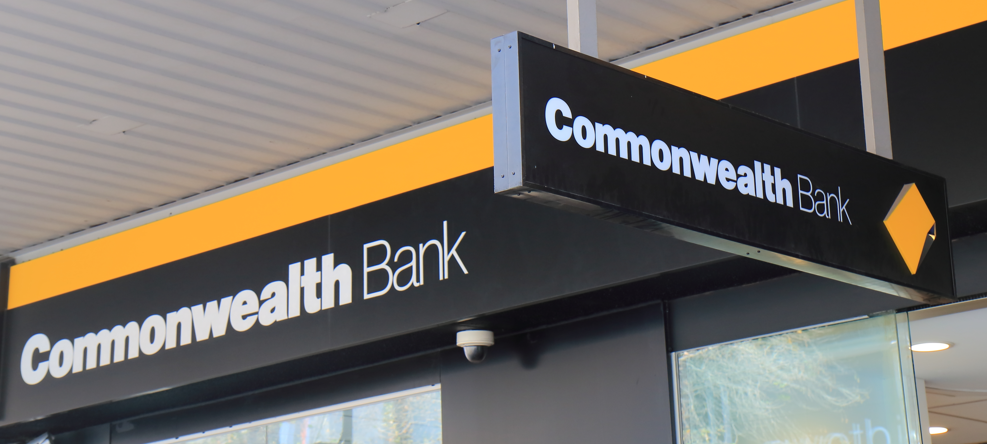A wide range of payment options enabling faster checkout is a top consideration for Australians looking to make a purchase. Some 84% of consumers in Australia say it is either nice to have or a must have.
That is even higher for Generation Z consumers, with 40% reporting that optionality is non-negotiable. Younger generations are also more comfortable using other digital payment options, including mobile payments and buy now pay later.
CommBank Consumer Insights Report
Commonwealth Bank’s General Manager Business Banking Channels, Marcel Klassen said CommBank’s recently launched “plug in” ecommerce solution, PowerBoard enables businesses to seamlessly deliver payment choice for its customers via a single API integration, combined with bank grade security.
“CommBank’s deep understanding of merchant and consumer needs and advanced AI capabilities means our customers have access to the latest payments technology,” said Klaassen.
“Being able to choose their preferred payment method is clearly important. This is particularly so for younger generations. They expect flexibility and options along the purchasing journey.”
The cost-of-living crisis is impacting spending and shopping behaviours markedly. CommBank report that consumers are redirecting an average of almost A$450 a month. This is largely towards essential goods and services or savings.
The report provides actionable insights for businesses, particularly in retail and hospitality. It is based on an analysis of consumer attitudes, motivations and expectations of their experiences amidst changes to the real and digital economy.
It shows discerning consumers are making more cautious choices and researching more before they buy. The bank is encouraging businesses to up their focus on digital technology to enhance purchasing experiences, personalise interactions and boost customer loyalty.
According to the survey, around 27% of Australians have not enough, or just enough, money to meet household expenses.
The survey also shows there is little difference in the monthly amounts redirected by people living comfortably ($425) and those doing it tough ($471). However, more comfortable Australians are likely to save this amount, whereas those doing it tough tend to cover bills and essentials.
Consumers are spending less on discretionary goods and services. They are redirecting those savings to everyday food and essentials and household expenses like utility bills, fuel and mortgage repayments.
Australians adopting deal-seeking behaviours
Meanwhile, rising living costs are also prompting behavioural and lifestyle adjustments. More than nine in 10 Australians are adopting deal-seeking behaviours and reviewing their spending choices (90%). This includes using promotional codes, cashback offers and rewards (73%). Consumers are spending more time researching before buying (66%). Almost half are only buying from businesses they know and trust (46%).
Klassen, said rising living costs are having a far-reaching impact on the consumer psyche. This changing their expectations of retail and hospitality experiences.
“While some people are under more pressure than others, a value-driven mindset is more pervasive. That’s heightening the demand for retail and hospitality experiences that instil trust, while saving time and money.”
“But attracting customers and maintaining their loyalty doesn’t always mean discounting. It can be ensuring they are protected against scams, keeping their data safe while not collecting unnecessary personal information.”
“Data security is also essential to trusted interactions where consumers can confidently share personal details and get a more seamless and customised experience in return.”
Data security and control the most important factor for consumers
Some 84% said retailers and hospitality providers should use technology to enhance the purchasing process and personalise the experience. But amidst concerns about cyber breaches, consumers also expect the personal data that powers these improvements to be secure.
Consumers are also alert to the rising incidences of scams and fraud. Notably, 66% are unsure which retail and hospitality websites can be trusted. More than 46% also actively avoid online marketplaces directly due to fear of losing money to scammers.









